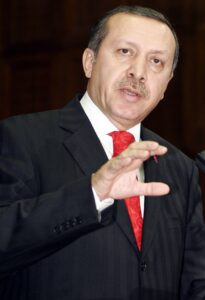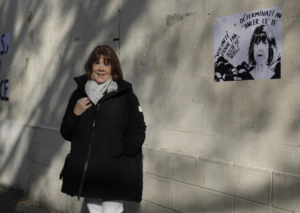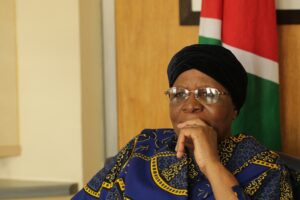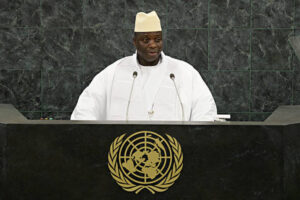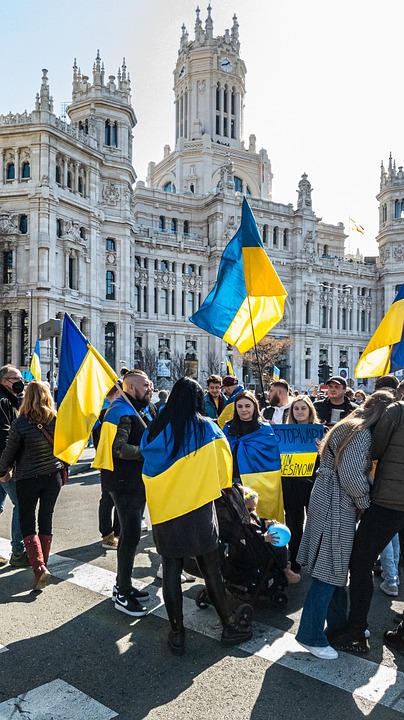The poet and his stand
During his professional career, he employed his different professions to express his stand and criticize what tried to stop him showing his convictions. At first, he did this through his method “texte sur fiche”. Beside this, he never kept his hostility about Poutine’s government a secret. He considered it repressive of human rights and freedom (political, of expression, etc). In addition, he took part in protest marches against political repression and violation of fundamental rights, and in an open letter to manifest his opposition of Russian attack on Ukraine by saying that it is a “criminal war” and the Kremlin diffused propaganda. As we can understand, L.Rubinstein was one of few russian people that dared to be publicly opposed to Poutine’s government. Nowadays, it is more and more difficult to express an opinion or point of view, especially when it is contrary to the government’s one, like in Russia.
Freedom of expression in Poutine’s Russia
For many years, the Soviet and Russian authorities have repressed more and more media and liberties defenders. Indeed, being an independent journalist is increasingly tough. Since December 2020, a lot of journalists, NGO employees, private individuals and non-declared groups have been qualified as “ foreign officers” by Russian power that creates difficulties for them to work, exist independently and express their opinion, especially when it is opposed to the government’s.
In addition, since october 2021, the federal service of security of federation of Russia (FSB) has published a list of 60 subjects that they can’t talk about like space or Ukrainian war. For example, it is forbidden to mention an economic or spatial problem. So, people who lost someone due to war are not allowed to talk about it even if this is a tragic event and can create psychological trauma.
On the 28th of December 2021, the NGO that defended human rights and preserved the memory of victims of Stalin’s regime or of other russian acts of violence, « Memorial/ Memorial Society » has been accused to “glorify terrorism and extremism” and to break the law about “foreign officers”. Indeed, that led to the dissolution of the NGO that was recognized in Russia and all around the world.
As we can observe, current Russian government makes sure that independent journalists or organizations can’t be free and in opposition against the government. He tries to show people that if you are with the government, you are Russian and considered; and if you are against him or you just dare question him, you are not Russian and respected anymore.
One of many fundamental rights that is regularly questioned all around the world
Unfortunately, Russia is not the only government and state that questions and sometimes retires fundamental rights. Nowadays, in more and more countries, human rights are not really respected. Indeed, this materialized through conflicts, national repression or repressive laws, discrimination. And we have noticed that, since many years, human rights are increasingly questioned. For example, we talk about Ukrainian conflict, israëlo-palestinian conflict, Ouïgouhrs genocide in China, in many african countries, or even in the conflict in Birmany (Myanmar).
And this lead to think about an Institution that will “punish” or penalize automatically countries which do not respect human rights and might permit to guarantee the respect of these rights all around the world despite the power of countries. But, even if we want to build a sort of institution like this, geopolitical theories might be an obstacle.
In conclusion, the death of Lev Rubinstein permits us to think about freedom of expression in Russia and the respect of fundamental rights all around the world.


